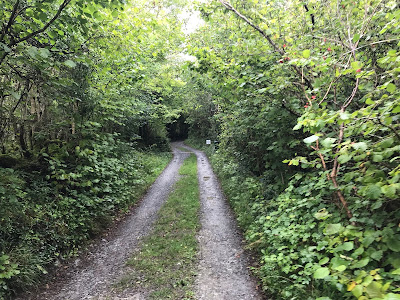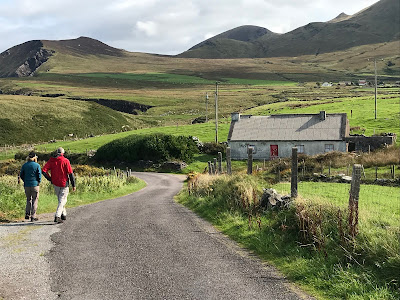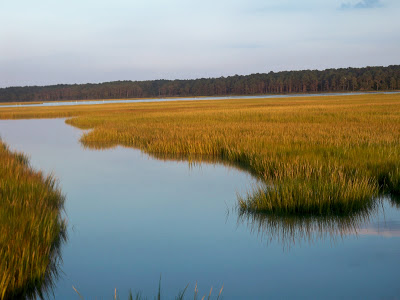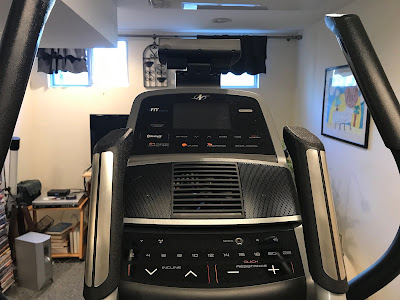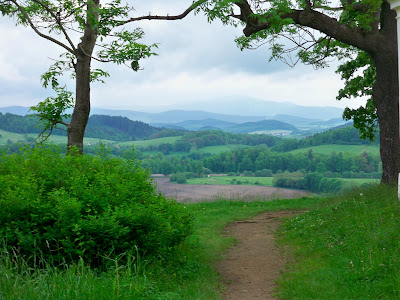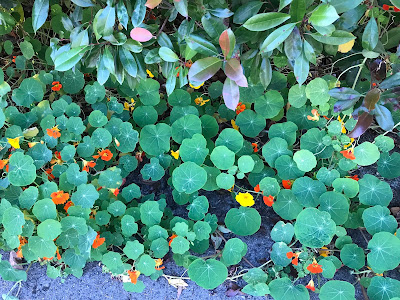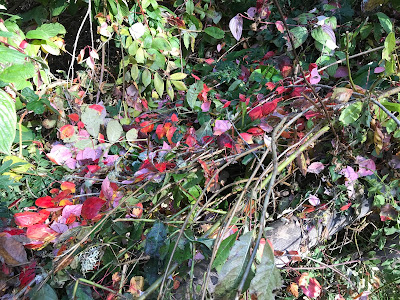Naming Names
One of the more light-hearted aspects of my work is the opportunity I occasionally have to make up names for people. The reason I do this is anything but lighthearted, though. It’s because I interview and write about people who have been trafficked and can’t reveal their true identities.
Still, this gives me a creative license typically lacking in most of my daily to-dos. This morning I’ve been reading about Cambodian names, about how family names appear first and given names second (which I knew) and how name meanings are especially prized.
So I’ve been having some fun with it. Should the lovely young woman who met her husband at a survivor’s forum be called Bopha (flowers) or Arunny (morning sun)? Should her young husband be called Narith (masculine) or Leap (luck)?
The mother’s name was easy. The smiling woman who greeted us as we pulled into the brickyard, who wiped her hand on her skirt and reached out to shake ours, she will be called Sophea (wise).
(School children in Cambodia, who shall remain nameless.)


